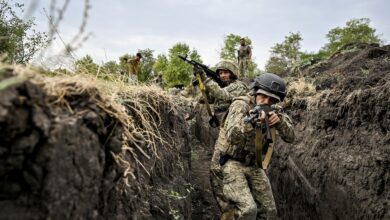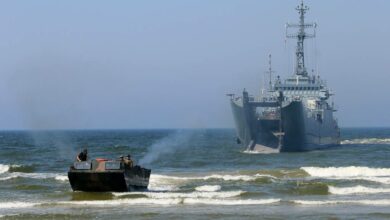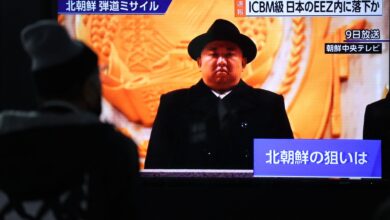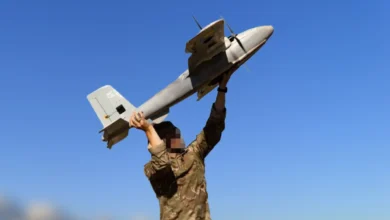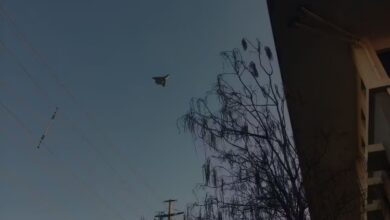Mali’s security situation has become “significantly worse” due to the ruling junta’s choices, including an alleged decision to partner with Wagner, a Russian private security firm, a senior US official said Wednesday.
Mali’s ruling junta, which seized power in 2020, has turned away from its traditional ally France and towards Russia in its fight against a decade-long jihadist insurgency but it denies links to Wagner.
“The United States’ ability to help Mali on the security side is greatly constrained now… by the choice that the Mali government made to get into bed with Wagner,” Victoria Nuland, the US State Department’s under-secretary for political affairs, told reporters from Washington in an online press briefing following a four-day visit to the Sahel.
The United States, France, and other Western nations accuse the junta of hiring Wagner, which Malian authorities deny. They say they are cooperating with Russia’s army on a state-to-state level.
“The Malian junta has invited in Wagner and terrorism has gotten signficantly worse,” Nuland said, claiming that “incidents of terror” had risen some 30 percent over the past six months.
The junta claims to have turned a corner in the fight against the insurgency and put jihadist groups on the run in recent months.
‘Bad Security Choices’
Nuland said there were “broad reports of human rights abuses across the region where (Wagner forces) are working” and accused the operatives of giving “malfunctioning” equipment to Mali’s army and encouraging it to deny the UN peacekeeping mission access to “large swathes” of the country.
The mission, MINUSMA, has itself complained that the junta is limiting its operations.
“We worry that these forces are not interested in the safety and security of the people of Mali, but instead are interested in enriching themselves and strip-mining the country — and are making the terrorism situation worse.”
She said their presence had constrained American operations in the country.
“We are just not going to operate in the same space, even if we were invited to or able to, because of the negative way (Wagner forces) operate, their human rights abuses, the way they treat people,” she said. “We are limited by the bad security choices that the junta has made.”
She also said the United States was limited in how it could support Malian authorities due to the fact they had seized power in a coup.
French forces, which had been operating for about a decade in Mali, completely withdrew earlier this year.
The United States had provided logistical and intelligence support to France’s Barkhane force before it relocated to Niger. Nuland said the American army continued to work very closely with the force despite its redeployment.
Meeting with Traore
In neighboring Burkina Faso, Nuland said she met with the interim president, Ibrahim Traore, who seized power in a coup last month, and was reassured that that country would not turn to Russian operatives for support in fighting jihadists.
“He was unequivocal in saying that it is Burkinabe who will defend the security of their nation and that they have no intention of inviting Wagner in,” she said.
“We talked intensively, even within the constraints that we have in a situation where a coup has happened — or in this case, a coup within a coup — (of) how we can continue to support strong efforts by the Burkina military to push back terrorism in its midst without outside support from Russia and Wagner,” she said.
The ambassador also visited Niger and Mauritania, referring to the latter as an “island of stability in a very, very rough neighbourhood.”
She said Mali’s neighboring countries are “extremely concerned” and want to “ensure that Wagner and terrorism both stay on the Malian side of the border.”
Nuland, who said she met with Mali’s interim prime minister and government, said the junta appeared to remain committed to its promise to hold elections in 2024.



